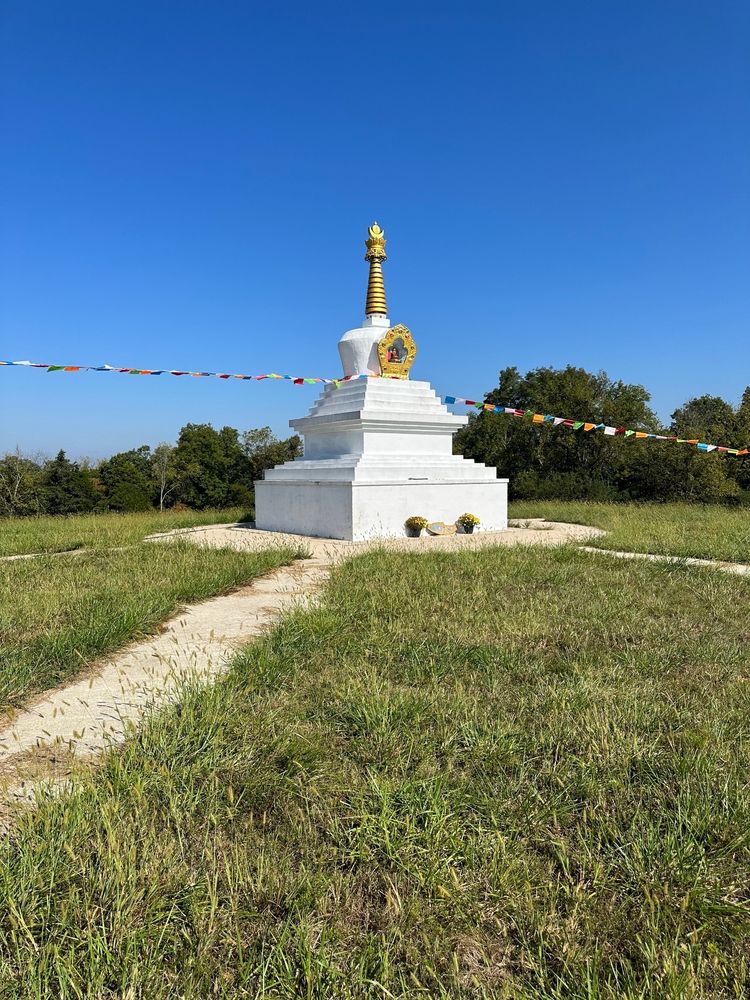Advent I

Welcome to this season of Advent! This coming Sunday begins the new liturgical year and Advent. So, happy new year!
Isaiah 64:1-9
1Would that you ripe open heavens and come down,
mountains would quake at your presence,
2as when fire kindles brushwood
and fire brings water to boil
to make known your name to your adversaries,
nations will tremble at your presence.
3When you did wonders that we did not hope for,
you came down, mountains quaked at your presence.
4From days of old they have not heard, ear has not perceived,
eye has not seen a God besides you, who works for the one who waits for God.
5You meet those rejoicing and who do righteousness,
those who remember you in your ways.
Look! You were angry, and we sinned;
in them forever, and we will be saved.
6We have become like an unclean thing all of us,
and all our righteous acts are like a filthy cloth.
We fade like a leaf all of us,
and our iniquities, like wind, lift us away.
7There is no one who calls on your name,
who rouses to grasp you;
for you have hidden your face from us,
and have handed us over into the hand of our iniquity.
8But, now O Living God, you are our Father;
we are the clay, and you are our potter;
the work of your hand, all of us
9Do not be very angry, O Living God,
and do not remember iniquity forever.
Behold! Look, we are your people, all of us.
The Hope Candle of Advent
On the First Sunday of Advent, we typically light the Hope Candle. The element of hope is contained in this lament of Isaiah 64 through the appeal to God’s past actions of deliverance and presence to God’s people. They have hope in a response and a restored sense of divine presence because of God’s actions. It is indeed an act of hope to recite God’s previous acts of grace and petition again for such actions.
As the community gathered during the season of Advent, how should we hope?
As we light the candle of Hope, how might we recall God’s actions in our individual and communal lives in order to hope anew that God will act again? Advent calls for a robust hope—an unsettledness with the present reality, as well as an imagined future. It is hope to demand that God come down and save.
Lament
Contemporary Christian traditions generally do not use lament in worship and spirituality. It remains, however, a valuable resource within the biblical tradition and allows for a response to injustice. Some scholars have suggested that Isaiah 64 was used in temple liturgy. Some form of Isaiah 64 may be appropriate as a litany, especially a confession of sin, in corporate worship. It is helpful to think broadly about lament and not see it narrowly as a complaint.
To lament is to long.
Hanson articulates the theological richness of lament as follows: “The theological assumption that underlies the lament is the steadfastness of God. Within Israel’s understanding of the covenant, however, God’s mercy was not construed in magical terms but relational ones. God’s protection could not be taken for granted but was understood as the blessing granted to a people living in obedience to God’s will.” (Paul Hanson, Isaiah 40-66, 235-236)
Let Us Go Now to Bethlehem
"Let us go now to Bethlehem and see this thing that has taken place.."
We offer here an expanding poem. Each week of Advent, we will add a line to the poem.
I. Create within your heart a little town of Bethlehem, a shelter for the Christ child.
Dietrich Bonhoeffer Quote During Advent
My thoughts and feelings seem to be getting more and more like those of the Old Testament, and in recent months I have been reading the Old Testament much more than the New. It is only when one knows the unutterability of the name of God that one can utter the name of Jesus Christ; it is only when one loves life and the earth so much that without them everything seems to be over that one may believe in the resurrection and a new world; it is only when one submits to God’s law that one may speak of grace; and it is only when God’s wrath and vengeance are hanging as grim realities over the heads of one’s enemies that something of what it means to love and forgive them can touch our hearts. In my opinion it is not Christian to want to take our thoughts and feelings too quickly and too directly from the New Testament. (Dietrich Bonhoeffer, a letter from prison, Second Sunday of Advent, December 5, 1943)





Member discussion